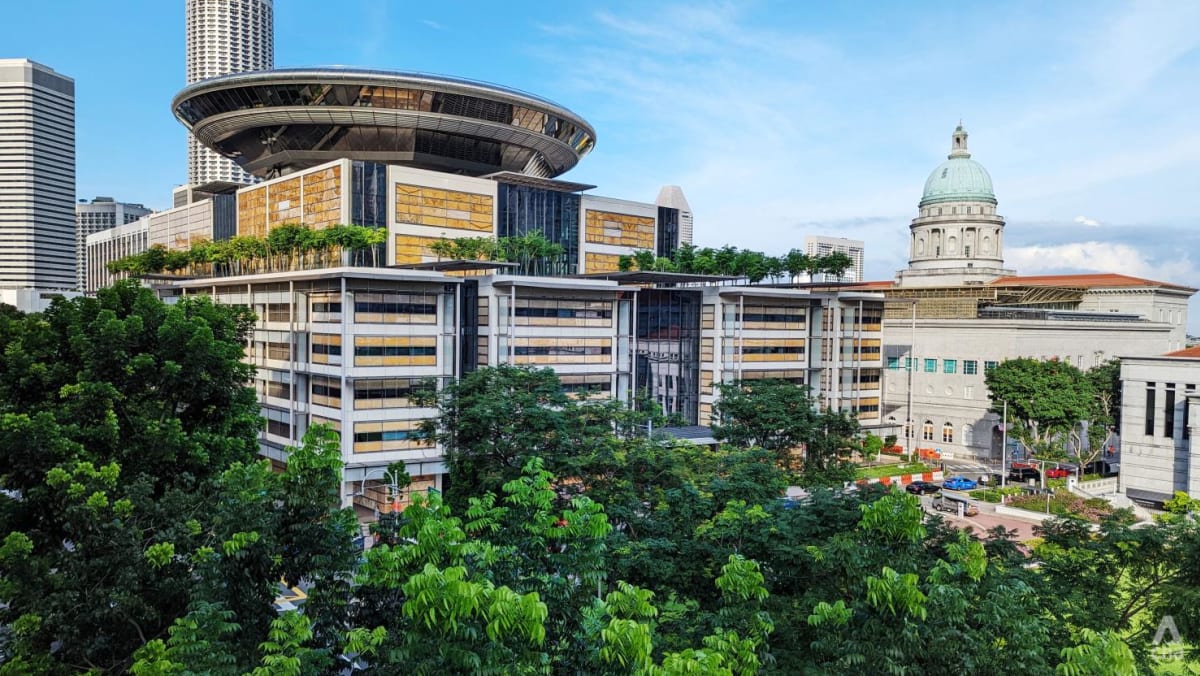
On Sep 2, 2010, O met J’s wife for lunch before taking her to a place suggested by J, where they had consensual sex. O’s credit card records reflect the corresponding transactions.
However, O did not tell J that he had consensual sex with J’s wife.
In court, J said that O was supposed to be giving him “accurate feedback” on what was happening, because J was meant to have the right to call a halt on any activities.
J soon suspected that something was going on between his wife and O.
On Oct 26, 2010, J went to Marina Bay Sands resort with his wife and he posted a photo online of himself with his wife at the infinity pool.
J said he checked his wife’s chatlogs on MSN, which she used to chat with people including O.
In one chat, he saw his wife telling O that when J asked for intimacy, she did not feel like responding to him, but would close her eyes and imagine that J was O.
After the staycation at Marina Bay Sands, J snooped on another chat where O asked J’s wife if she enjoyed her staycation, whether she swam, and whether she wore a bikini.
After this, J confronted his wife but not directly – he told her that a neighbour had seen her being intimate with another man.
J said he believed that the affair ended after this because his wife had blocked O on MSN.
On Mar 14, 2011, their third wedding anniversary, J drugged his wife and asked O over.
The series of events that occurred on this occasion was disputed by the prosecution and the defence.
The prosecution’s case was that O conspired with J for O to rape J’s drugged wife.
But when asked to recount what happened, J spoke in dribs and drabs without a clear narrative. He mentioned wanting to retaliate against his wife for “being unfaithful to me” and “for causing dishonour to me”.
When asked by Ms Lim if the purpose of O going over was to rape his wife, J said yes. But when asked how O knew this purpose, J said: “I believe he should know what is being discussed between me and my co-accused persons as well.”
J then said that he had only two “mental memories” of what happened that day – one of which involved him cleaning his wife up and crying, asking himself “What have I done”.
J had previously admitted that he felt a mix of “guilt and arousal” watching them, but now said that: “Until today, I cannot imagine myself standing there and (watching).”
PROSECUTION PRODUCES MESSAGES
The prosecution showed J some messages he exchanged with another co-accused, where J said he got a man to rape his wife on their third-year wedding anniversary.
J confirmed that this referred to O.
The prosecutor also showed J messages from a year later, in 2014, where O asked J if there was any “operation (J’s wife)”.
Asked to explain this operation, J said: “I’m a military guy. So he’s asking whether is there any operation (J’s wife) which is my wife, and the operation is referring to whether am I drugging my wife for the purpose to get other people to rape her.”
The men then discuss how to get J’s wife drugged so that the operation could be carried out.
They also discussed carrying out the act in the children’s room, while the children were asleep.
In other chats, O asked J what his back-up plan was if his wife suspected something.
J said he would “deny and act (as) if nothing happened” but said there would be “no return” if the other man was found in the house.
O suggested for J to say he had such a fetish, and to make sure all chat records were deleted.
“If she make police report, all die,” said O.
O is defended by lawyers Mr Chua Eng Hui, Ms Luo Ling Ling and Mr Joshua Ho. He appeared in court in a jacket and tie, and took down notes as the hearing progressed.
The trial continues. If convicted of abetment by conspiracy to commit rape, O could be jailed for up to 20 years and fined or caned.

